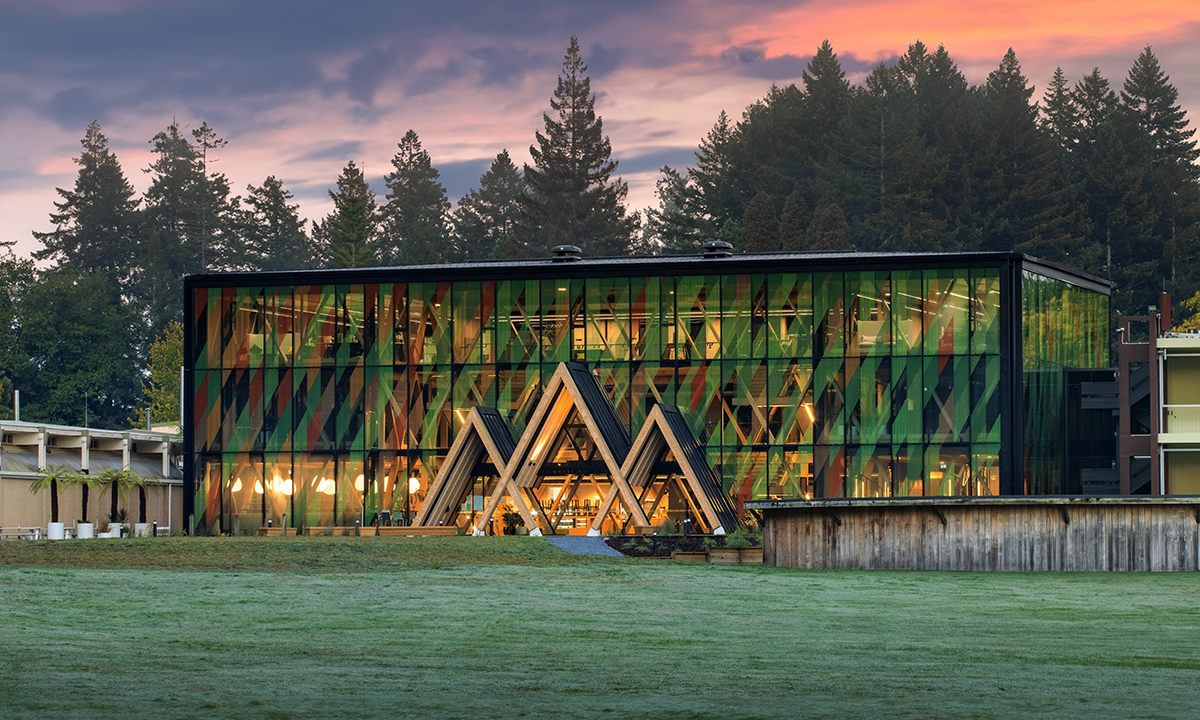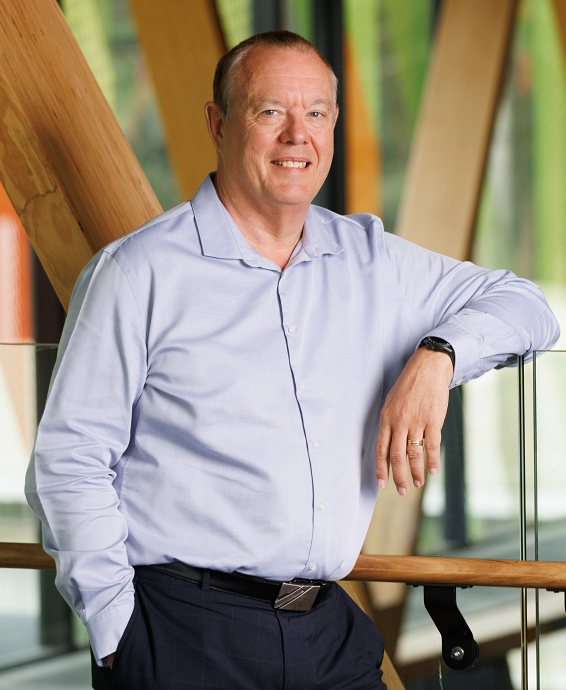
Climate change and its effects are at the forefront of minds nationwide and globally following Cyclones Gabrielle and Hale and long-standing Crown Research Institute Scion is rising to the climate change challenge.
Scion is one of seven Crown Research Institutes carrying out research for the benefit of New Zealand. It has a key role to play in shaping new approaches to sustainable land use, low emissions manufacturing, and healthy prosperous communities.
The Rotorua-based institute is leading the way with research that supports the growth of our forestry sector and the development of new technologies using trees and other renewable materials to create environmentally friendly products.

“Climate change poses big challenges but it is also an opportunity to do things differently, take action and adopt circular bioeconomy approaches,” chief executive Dr Julian Elder says.
Scion’s work aims to both mitigate climate change and create prosperity from this disruption. Scion’s Strategy to 2030 is all about making the most of the massive renewable resource on our doorstep – the forests and forestry that provide multiple benefits for New Zealand.
The forestry and wood processing sector is a key economic contributor. In 2021 it contributed $6.7 billion in export earnings. “Forests will be at the heart of a low-carbon biological-based future and reduce greenhouse gas emissions on a scale unmatched by any current technologies,” Elder says.

plant following Scion’s
pilot-level research.
Research highlights across the organisation so far this year have included research into new bio resources for packaging and waste, a colour-changing and flexible 4D printing filament, development of an algorithm to help predict plant embryo germination success and using waste textiles to reinforce roading.
Scion is also tackling issues that would help us move towards a circular bioeconomy and mitigate climate change such as research to introduce cleaner technologies into the shipping industry, pilot-level research that culminated in Ecogas launching New Zealand’s first commercial scale plant to turn food waste into low-carbon bioenergy , and developing biodegradable nursery pots as an alternative to the estimated 350 million plastic pots used in New Zealand nurseries each year.
This year, Scion has continued to drive innovation and growth from New Zealand’s forestry, wood product and wood derived materials and other biomaterial sectors to create economic value and contribute to beneficial environment and social outcomes for New Zealand, Elder says.
“A forest-based circular bioeconomy is a $30 billion annual economic opportunity and our science and research will lead the transition to a circular bioeconomy and put New Zealand firmly on track to a sustainable, productive, and inclusive low-carbon future.”
Scion has a reputation as a world-leader in forest industry research and technology development and has more than 350 staff across its headquarters in Rotorua and offices in Christchurch and Wellington.
→ www.Scionresearch.com

